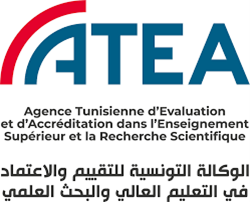International
Study visit of the Tunisian agency ATEA
Published on
In 2021, Hcéres took part with the CTI in the European EMORI project (Education, Mobility, Research and Innovation Support Programmes for Tunisia), which led to the creation of the Tunisian agency ATEA. Three years later, its Director General Salma Damak-Ayedi and two ATEA deputy directors visited Hcéres as part of a study visit on the evaluation processes for higher education institutions and study programmes.
The ATEA has a very broad remit: the evaluation and accreditation of institutions and programmes, as well as laboratories, research units and projects. The ATEA capitalizes on the experience of its two predecessor agencies, the IEAQA and the CNEARS, and is currently consolidating its governance model and evaluation tools. International cooperation is at the heart of its strategy, with the aim of achieving international recognition and basing its methods on best practice.
The quality assurance process is of particular importance in the reforms of our higher education and scientific research system, aiming to raise performance levels to international standards and encourage competitiveness and excellence.
ATEA presentation

Following a presentation of the two agencies, Stéphane Le Bouler outlined the major challenges facing evaluation in France. These challenges were echoed by the Tunisian delegation, who questioned the alignment of the agency's objectives with the human and financial resources allocated. The afternoon was given over to a workshop led by scientific advisers and a project manager from the Department for the Evaluation of Institutions and the Department for the Evaluation of Study Programmes on a case study. Discussions on the evaluation process were followed by demonstrations of the digital devices used to support the evaluation by the Digital and Data Department, which had already been involved in the development of the ATEA IT system during the EMORI project. Finally, an international session led by the Department of Europe and International Affairs, which was also the coordinator of the visit, provided an opportunity to clarify the future areas of cooperation between the two agencies. The cooperation between the Hcéres and the ATEA is receiving particular attention from the Ministry of Higher Education and the Ministry of Europe and Foreign Affairs because of its direct contribution to strengthening international confidence in the Tunisian higher education system. Further visits may be organised in the future. In the meantime, the two agencies will be meeting virtually at an upcoming webinar organised by the French-speaking network of quality assurance agencies for higher education (FrAQ-Sup).
 |
 |


